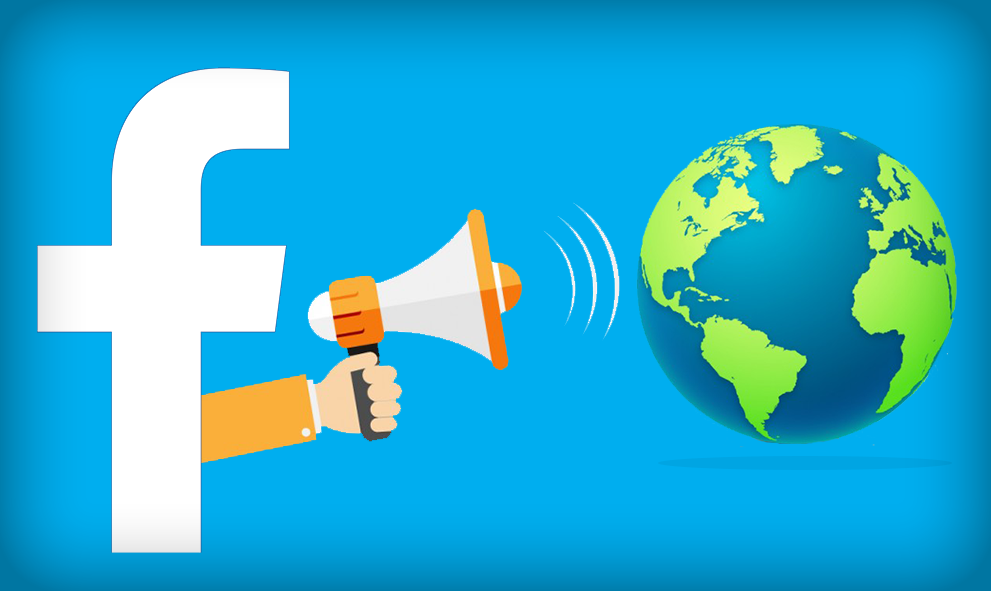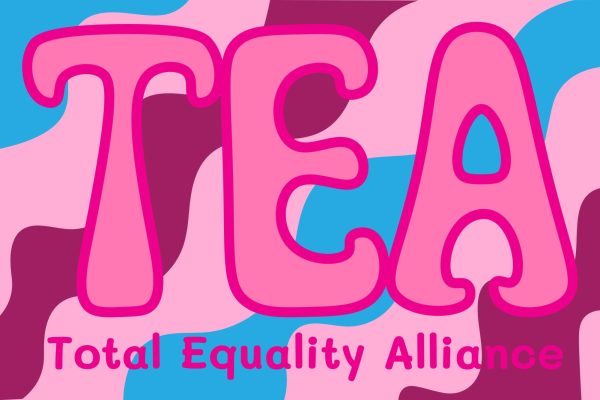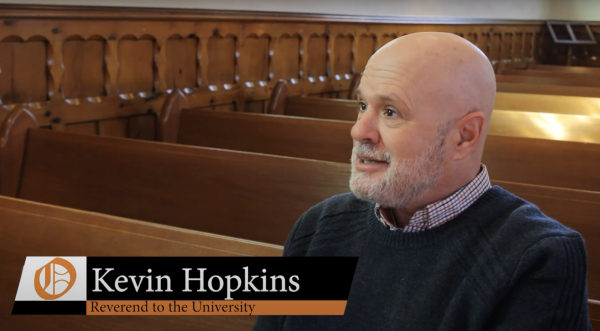Slacktivism: Are you really making a difference on Facebook?
Image by Maria Echeverry.
Earlier this week on Facebook I noticed many of my friends checking in to the Standing Rock Indian Reservation location through the social media site. The Standing Rock Sioux Tribe is suing the government due to “not being properly consulted” over construction of the Dakota Access Pipeline, which would extend across four states.
Tribal members say that parts of the construction will disrupt sacred grounds, possibly inflicting damage on sites that carry cultural significance and are important to the tribe.
Online rumors suggested that the local sheriff’s department was monitoring Facebook check-ins in the pipeline area, which many people thought was an act of discrimination. In response, many Facebook activists, or “Slacktivists” as the term has been coined, decided to check-in on their own profiles in order to show solidarity and hopefully confuse law enforcement officials.
An official spokesperson for the local sheriff’s department has stated that the department does not monitor Facebook check-ins for the area. Some protest organizers are even concerned that the check-ins could eventually make it easier to find out who is actually at the protest and for law enforcement officials to issue subpoenas. Nevertheless, armchair activists jumped all over the trend in order to make a difference and change the world.
I cannot count how many times a week I get on social media and see someone blogging about raising money for endangered species, drawing awareness to anything from microbeads in soap to child labor, or advocating for others to vote the right way.
All of this can be considered slacktivism or armchair activism. It can include changing your profile photo to raise awareness, sharing a tweet about an issue or writing an opinionated post on a hot topic.<br/>
To a certain extent, having so much engagement over certain causes is good. Unfortunately, many Facebook users pursue causes without a true awareness of the background information or whether what is being posted will actually help.
As Danny Cooper, an opinion writer for the student newspaper at Northwestern University, writes, “Widespread awareness of social issues also means less of a deep focus on individual causes. Someone may watch a John Oliver clip about school segregation which sparks a sense of anger within them at lunchtime, but by dinner, that rage likely either has dissipated or they have moved onto a new topic.”
Showing support or empathy for an issue in the news without backing it up by actions does not really change the world. To the Facebook users who are living in a dream world, believing you are making a difference online: you are not. Pursuing one cause with educated intentions and actual actions will do far more than signing online petitions against the zookeeper who shot Harambe.
In addition to all of this, scattering our passions and empathy only onto the most popular social media movements of the moment leaves us fixated only on high-profile causes and ignoring others.
I doubt that anyone’s ultimate purpose in life is to share posts on popular issues of our time and sign online petitions. In fact, doing that is probably as effective as lying in bed watching Gossip Girl on Netflix for an entire day.
While there are some instances in which social media has made a difference with generating positive change, many times it does not make a difference. The real difference comes with research, education and calculated actions.
Next time you find yourself enraged over an article about artificial flavoring in dog food, take the time to question if sharing this will 1) promote true understanding of the issue; 2) raise awareness for a problem that is actually a problem (i.e. actively harming the world we live in and our well being); and 3) make a difference in changing the actions of others.








